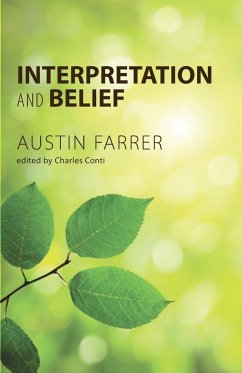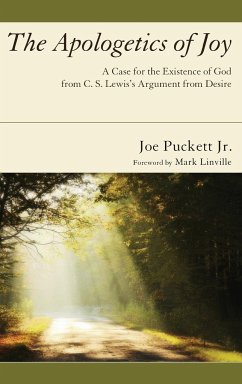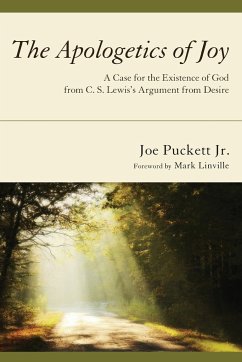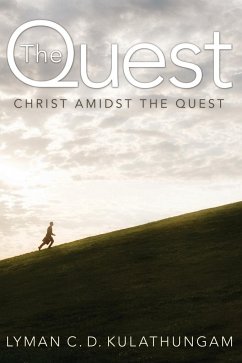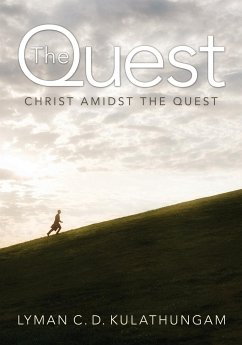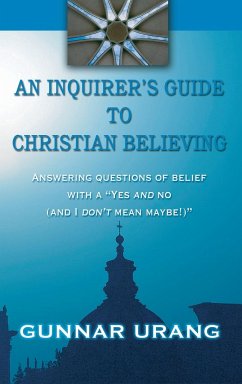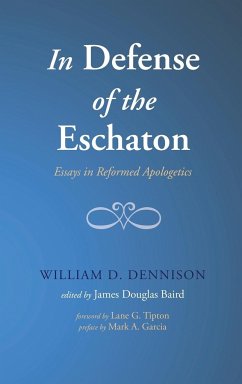Austin Farrer's writings show amazing originality and independence of thought. To the end of his life he was developing a Christian apologetic that was both thoroughly orthodox and thoroughly contemporary. Interpretation and Belief is a collection of essays grouped round three themes--Canon, Creed, and Criteria--presenting Farrer's thoughts on the foundations of Christian belief. As with Reflective Faith, a recently published collection of his essays on philosophical theology, the pieces vary considerably both in range and in date; they are chosen to stimulate interest rather than to exhaust their subject matter. Farrer's studies of the Gospels and his exploration of Christian doctrine both find their place in the larger framework of theistic belief and reveal their author's deep commitment, profound learning, and ability to hold faith and reason in a creative tension.
Hinweis: Dieser Artikel kann nur an eine deutsche Lieferadresse ausgeliefert werden.
Hinweis: Dieser Artikel kann nur an eine deutsche Lieferadresse ausgeliefert werden.

